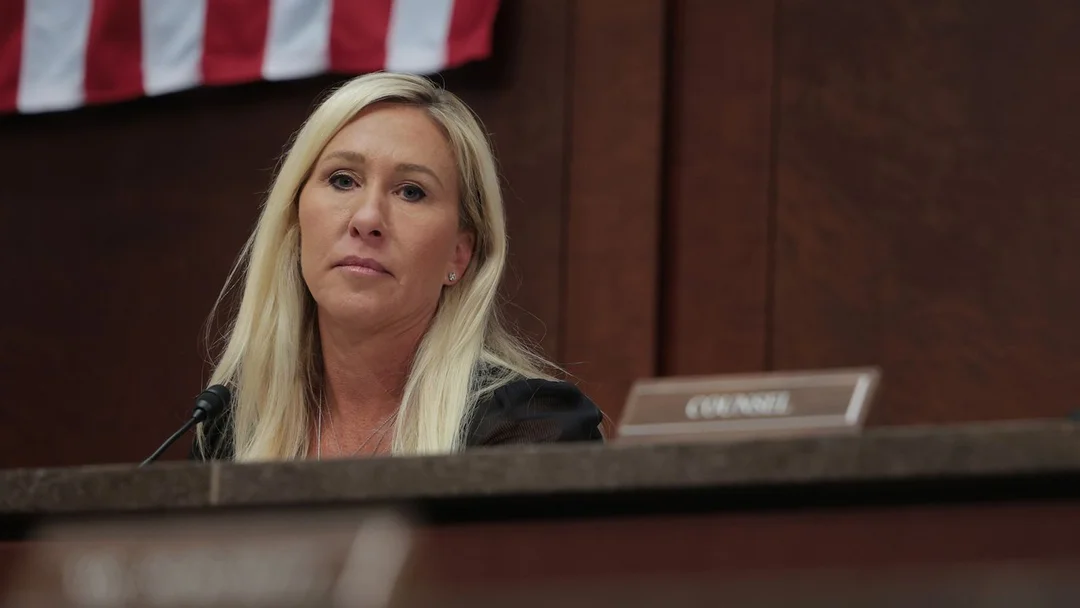
Congressional Hearing Targets NPR and PBS Funding
In a heated congressional hearing, NPR and PBS faced scrutiny over their funding. Representatives questioned the public broadcasters' use of taxpayer money, with particular focus on their programming and perceived biases. The session saw intense exchanges, highlighted by Rep. Marjorie Taylor Greene's vocal critique of PBS's educational content, which she argued promoted certain political views.
The hearing comes at a time when public broadcasting faces potential budget cuts, raising concerns about the future of these institutions. Defenders of NPR and PBS argue that they provide essential educational and cultural programming that would be diminished without federal support. Critics, however, maintain that the government should not fund media that they believe leans towards one political spectrum.
The debate over NPR and PBS funding reflects broader discussions about the role of public media in the U.S. and how it should be financed. As the hearing concluded, no immediate decisions were made, but the issue remains a contentious point in Congress, with potential implications for the upcoming budget negotiations.
Related issues news
What is NPR and PBS?
National Public Radio (NPR) Public Broadcasting Service (PBS)
Who is Doge?
The Department of Government Efficiency (DOGE) is an initiative of the second Donald Trump administration in the United States. Established by an executive order on January 20, 2025, its stated purpose is 'modernizing federal technology and software to maximize governmental efficiency and productivity'.
Does PBS get federal funding?
Public broadcasting stations are funded by a combination of private donations from listeners and viewers, foundations and corporations. Funding for public television comes in roughly equal parts from government (at all levels) and the private sector.